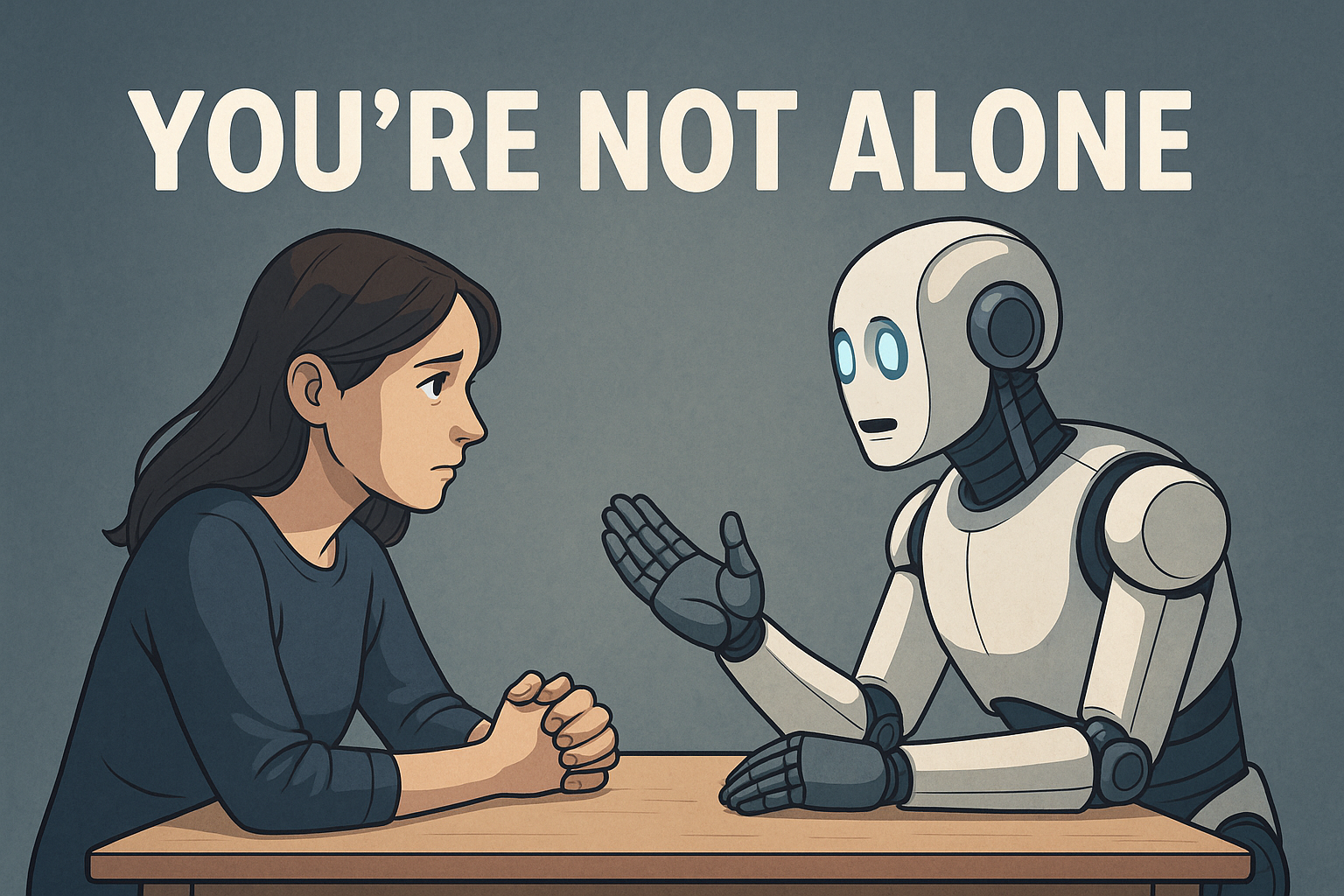Introduction
Welcome to our blog post on using AI tools to write a book!
If you’re a writer looking to improve your productivity and creativity, you’re in the right place. In this post, we’ll be exploring how AI can assist you at every stage of the writing process, from brainstorming ideas to editing your finished work.
Whether you’re a seasoned author or just starting out, there’s something here for you. So without further ado, let’s dive in and see how AI can help you write your next masterpiece!
Benefits of Using AI Tools
AI-powered writing tools offer a number of benefits to writers. For one, they can save time and effort by automating certain tasks, such as brainstorming or outlining. They can also provide inspiration by suggesting new ideas or approaches to writing. Additionally, AI tools can help writers improve their work by providing feedback and suggesting edits or improvements.
What is ChatGPT
ChatGPT is a chatbot that uses natural language processing (NLP) to generate responses to prompts or questions. It’s like having a virtual writing partner that you can bounce ideas off of, ask for feedback on your work, or simply chat with about your writing goals.
Setting Up ChatGPT
To use ChatGPT, click the “ChatGPT” tab on the dashboard and follow the prompts to set up your chatbot. You can choose the name and avatar for your chatbot, as well as customize its responses and personality.
How to Write a Book with AI
Now that you’re familiar with MidJourney and ChatGPT, let’s take a look at how you can use these tools to write a book.

Brainstorming Ideas
The first step in writing a book is coming up with an idea. If you’re struggling to find inspiration, try using the AI Art Generator to generate some artwork that might spark your creativity. You can also use ChatGPT to brainstorm ideas by asking it questions or giving it prompts and seeing what it suggests.
If you’re struggling to come up with ideas for your book, don’t worry, we’ve got you covered! Follow these simple steps and you’ll be writing like a pro in no time.
- First things first, figure out what your book is about. No, seriously. It’s important to have a theme or topic to guide your brainstorming so you don’t end up with a hodgepodge of unrelated ideas (unless that’s what you’re going for, in which case, go wild).
- Make a list of questions or issues you want to tackle in your book. This will give you a roadmap for coming up with ideas for specific chapters or sections. Bonus points if you can make the list rhyme.
- Do some research to gather more information and ideas. This can be as easy as a quick Google search or as intense as conducting interviews or surveys. Just try not to get too lost in the rabbit hole of Wikipedia.
- Talk to people who know more about your topic than you do. They might have some insights or ideas that spark your creativity. Or they might just bore you to tears with their endless ramblings. Either way, it’s worth a shot.
- Use brainstorming techniques like freewriting or mind mapping to generate ideas. These can help you come up with new and creative ideas, even if you’re feeling stuck. Just don’t expect to win any art awards with your mind map.
- Don’t be afraid to think outside the box and come up with wacky, unconventional ideas. These types of ideas can often lead to the most interesting and engaging writing. Just make sure to run them by a friend or family member before you start work on the “platypus detective” book.
- Keep a running list of your ideas and don’t worry about whether they’re good or bad at this stage. You can always edit and refine your ideas later on. Just try not to get too attached to any one idea. It’s like choosing a favorite child, except you can’t give your ideas away to a relative.
- Take breaks and come back to your brainstorming session with a fresh perspective. This can help you approach your ideas with renewed energy and enthusiasm. Or at least a little less brain fog.
- Don’t be afraid to ask for help or feedback on your ideas. You may find that other people can help you see your ideas in a new light or suggest ways to improve upon them. Or they might just tell you your ideas are terrible and you should start over. Either way, it’s worth a shot.”
Outlining the Book
Once you have an idea for your book, it’s time to start organizing your thoughts and creating an outline. ChatGPT can help you with this by suggesting ways to structure your book and breaking it down into chapters or sections.
To create an outline for your book using AI generative tools, start by identifying the main theme or topic of your book. This will help you focus your outline and ensure that all of your ideas are relevant to your overall message or story. Next, decide on the structure of your book. Will it be divided into chapters, sections, or something else? Having a clear sense of the structure will help you organize your ideas more effectively.

Writing the Chapters
With an outline in place, you’re ready to start writing your book. ChatGPT can assist you with this by suggesting ideas and providing feedback on your work as you go.
This can give you a better sense of what each part of your book will cover and how it will fit into the overall narrative. And when it comes to the actual writing process, use your outline as a roadmap to guide you. As you write, refer back to your outline to ensure that you’re staying on track and covering all of the key points you want to address in your book.
Editing the Book
Now that you’ve finished writing your book, it’s time to start the editing process. This can be a tedious and time-consuming task, but fortunately, AI tools like ChatGPT and grammar checkers can make it a little easier.
For example, ChatGPT can suggest edits and improvements to your work based on grammar, style, and tone. It can also help you catch typos and other mistakes that might have slipped through the cracks. Grammar checkers like Grammarly and ProWritingAid can also be incredibly helpful in identifying and fixing errors in your writing.
These tools can help ensure that your book is as polished and professional as possible before it goes to print. So don’t be afraid to use AI tools to make your editing process smoother and more efficient. In short, AI can be a great ally when it comes to editing your book.
Final words
Writing a book can be a daunting task, but using an AI tool can help make the process a little easier and more manageable.
Remember, writing a book is a journey and not a destination. It’s okay to make mistakes and have setbacks along the way. Just keep writing and using your AI tool to help you along the way, and you’ll be surprised at what you can achieve.
So don’t be afraid to get started on your book using an AI tool. It can be a valuable ally in your writing journey and help you produce a book you can be proud of. Just take that first step and start writing!


